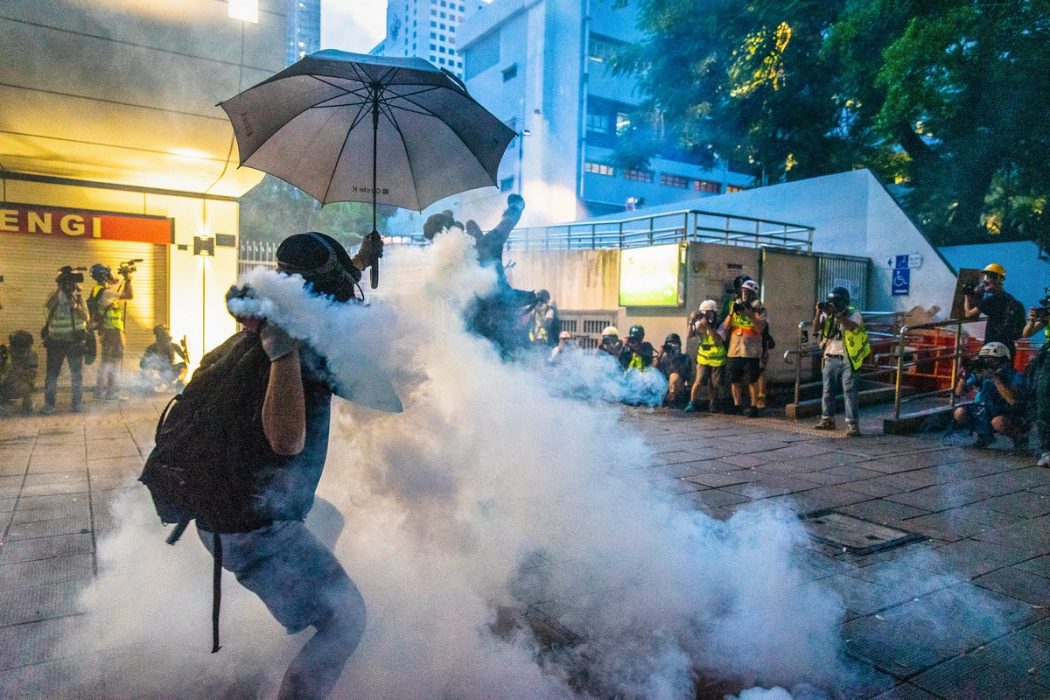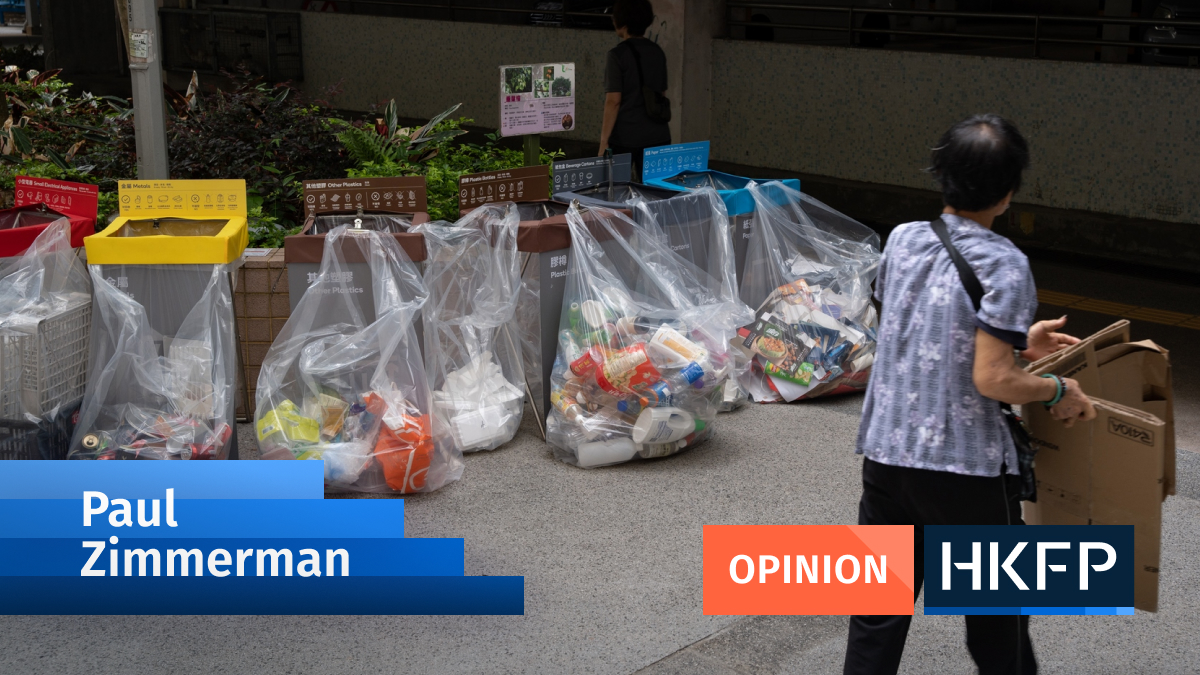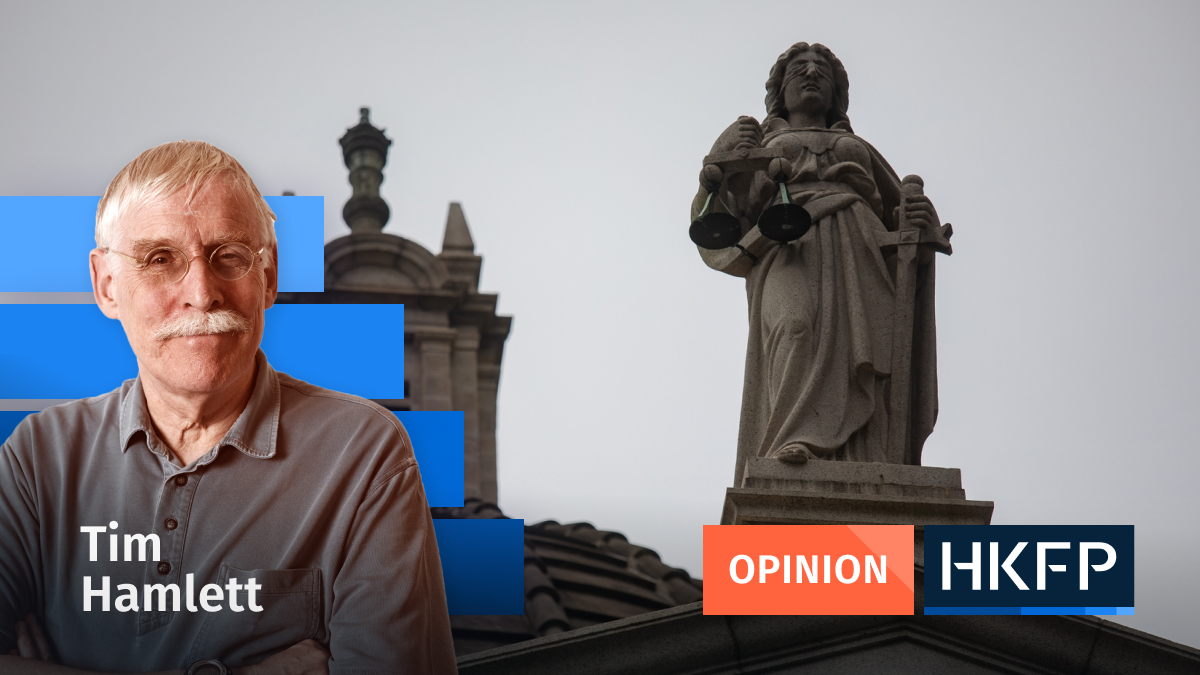Since the raid on Apple Daily and Next Digital, journalists in Hong Kong have worried that they would be targeted and prosecuted under the national security law (NSL). Photojournalist Laurel Chor tweeted: “After Jimmy Lai’s arrest, I wondered whether I should freeze my eggs in case I am in jail for the remainder of my fertile years.”
Back in June, before the implementation of the law, Sebastian Skov Andersen and Joyce Leung interviewed several Hongkongers, who explained that they recently decided not to have children because they feared they would be subjected to an oppressive government and an education system that stifles intellectual freedom.

Put differently, these Hongkongers did not believe that their children would have a safe future in the city, and hence they would rather not have any. Their reluctance is reflected in the most recent statistics: the Census and Statistics Department reported on August 13 that the birth rate in Hong Kong has hit a record low since 2005.
These stories highlight that the crisis in Hong Kong is not only a matter of political freedom, but also a form of reproductive injustice that infringes upon human rights.
In 1994, a group of Black women activists in the US created the concept of reproductive justice that refers to our right to have children or not have children, and to parent the children we have in safe and sustainable communities free from individual and state violence. Rooted in the Universal Declaration of Human Rights, activists argue that reproductive justice is a human right that should be afforded to everyone, especially marginalised people and communities whose well-being and safety are constantly under threat.
Understanding Hongkongers’ struggles through the lens of reproductive justice, hence, allows us to advocate for the pro-democracy movement not merely as a partisan political project, as pro-establishment politicians and commentators often suggest, but as a human rights issue that warrants transnational attention.

Hongkongers’ concerns over the future of their children under the NSL— should they have any — illustrate their anxiety and fear as state suppression and violence intensifies. The sweeping reach of the draconian NSL means that Hongkongers can no longer exercise their right to parent in a safe environment free of state violence and persecution.
In fact, Hongkongers’ rights to have children and to parent safely were threatened even before the imposition of the NSL. During last year’s protests, from June to December, Hong Kong police fired over 10,000 rounds of tear gas, sometimes in confined indoor spaces. The chemical affected up to 88% of the Hong Kong population.
Some residents feared that their pregnancies would be affected because there has been evidence that dioxins in tear gas could harm foetal development and lead to miscarriages.
Meanwhile, those who already have children feared their children could be harmed by tear gas residues in playgrounds and on school grounds. Research in fact confirms that children are uniquely susceptible to the harmful effects of tear gas. Amidst the government’s attempt to suppress dissent at all costs, Hong Kong parents and children have become collateral damage.

Since the NSL deters all street protests, tear gas is no longer a primary threat to Hongkongers’ health and safety. However, under the new law reproductive injustice takes on a different and more insidious form. Implicating almost everyone who dares challenge Beijing and the existing status quo, the NSL creates a diffused atmosphere of fear and uncertainty. Chor’s harrowing tweet at the beginning highlights the threat which the NSL poses to her reproductive future as a journalist.
Journalists who refuse to succumb to state pressure are not the only ones who have to worry about their safety and reproductive choices. As the government prosecutes more people under NSL, and an increasing number of pro-democracy activists and lawmakers report being harassed by state agents, Hongkongers must choose between silence and the possibility of life imprisonment.
This dilemma, in turn, constricts Hongkongers’ reproductive choices because, if offered a choice, no one would willingly choose to become parents under such pervasive fear of persecution. Under NSL, activism and the right to have and parent one’s children safely are incompatible with each other.

Prior to the passage of NSL, as a diasporic Hongkonger based in the US, I had been speaking and writing publicly in support of Hong Kong’s pro-democracy struggle from a relative position of privilege and safety. The broad scope of NSL has forced me to confront the extent of my commitment to the democratic movement in relations to my reproductive choices.
I realized that I am brave enough to advocate for the movement so openly using my real name because I do not have and do not plan to have children. Otherwise, my grave concern about the well-being and safety of my family would deter me from being such a vocal advocate.
Since reproductive injustice is grounded in universal human rights, seen through this lens the current situation in Hong Kong constitutes a human rights violation. State violence and persecution undermines Hongkongers’ reproductive freedom by taking away their sense of safety and by rendering the environment hostile to families.
More importantly, by making anti-authoritarian advocacy a dangerous endeavour, the NSL forces Hongkongers to choose between pursuing activism and protecting the well-being of their children and family. The NSL, hence, does not only take away Hongkongers’ political freedom, but it also takes away their autonomy to exercise reproductive decisions without fear.
Support HKFP | Policies & Ethics | Error/typo? | Contact Us | Newsletter | Transparency & Annual Report | Apps
Help safeguard press freedom & keep HKFP free for all readers by supporting our team
| HKFP is an impartial platform & does not necessarily share the views of opinion writers or advertisers. HKFP presents a diversity of views & regularly invites figures across the political spectrum to write for us. Press freedom is guaranteed under the Basic Law, security law, Bill of Rights and Chinese constitution. Opinion pieces aim to point out errors or defects in the government, law or policies, or aim to suggest ideas or alterations via legal means without an intention of hatred, discontent or hostility against the authorities or other communities. |

More HKFP OPINION:
HKFP has an impartial stance, transparent funding, and balanced coverage guided by an Ethics Code and Corrections Policy.
Support press freedom & help us surpass 1,000 monthly Patrons: 100% independent, governed by an ethics code & not-for-profit.










